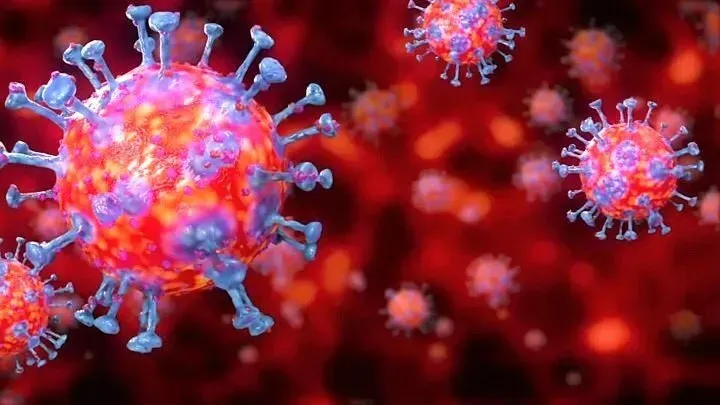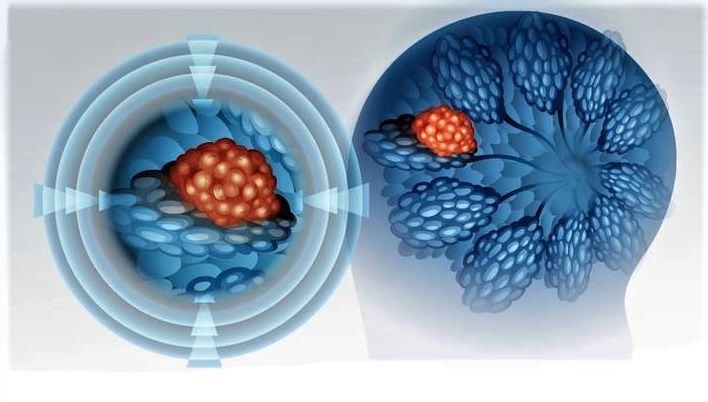(Abstract)
The research has shown and it is inevitable that people whose initial cancer was associated with certain environmental factors or lifestyle issues, such as exposure to harmful substances at work or at home (eg. asbestos), smoking, excessive sun exposure, poor diet, or drug abuse, could be at risk for future cancers of the same or different type. In many cases, such risks can be reduced by adopting healthier habits or reducing or eliminating exposure to substances that triggered the first cancer. Examples include quitting smoking and avoiding sunburn.
Genetics
Age is one of several factors beyond an individual’s control that can influence the risk of a second cancer. One of these is genetics. People who inherit genetic mutations or other abnormalities can be at risk for a variety of different types of cancer. Individuals with a mutation in the BRCA1 or BRCA2 genes, for example, have a heightened risk of cancers of the ovaries and fallopian tubes in women, breast, prostate (in men), and pancreas. Such individuals remain at elevated risk for these cancers even if they’ve undergone treatment for one of them.
In some cases, patients can take steps to reduce their chances of developing a second cancer. A woman with a BRCA gene mutation who develops breast cancer may have the option of having her breasts and ovaries surgically removed to lower her risk of future breast or ovarian cancer.
Chemotherapy and Radiation
Therapies as Chemo or Radio used to treat cancer at first cancer can also raise the risk of other malignancies. Chemotherapy of all kinds and Radiotherapy work by damaging DNA in tumour cells, causing them to die. But such damage can occur in normal cells as well, potentially putting them on a path toward cancer.
Reduced intensity Regimens
As physicians have gained experience with different types of therapy, they’ve often been able to develop reduced-intensity regimens that effectively kill cancer cells but produce fewer long-term risks. This is particularly true in the field of childhood cancer.
Screenings
For many survivors, especially those whose treatment or genetics may place them at higher risk of a second cancer, physicians may suggest more frequent screenings to detect any such cancers at the earliest, most treatable stages. Patients should talk with their physician about which strategy makes the most sense for them.
Zdenko Kos,
MSc MEc BScEcon(Hons) MBA
BRITISH MEDICAL JOURNAL 2015


